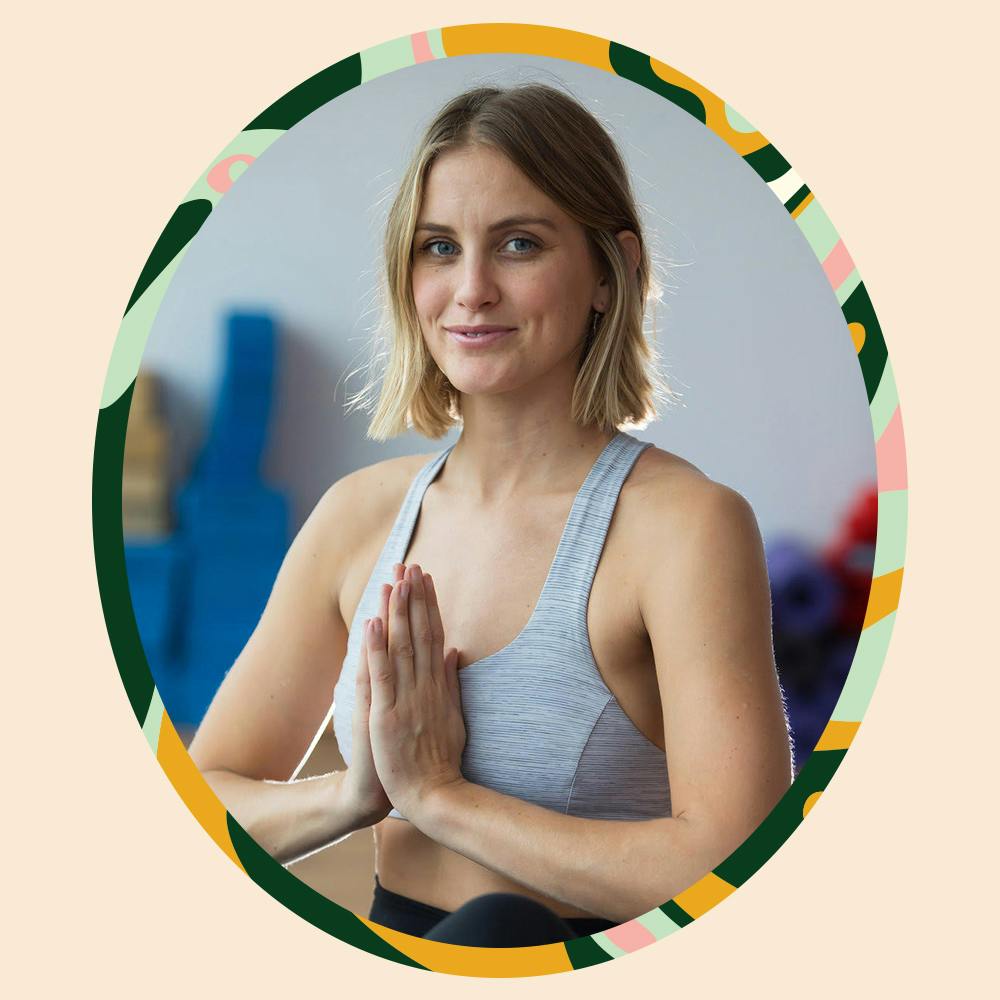Sophie Hellyer is not your typical influencer. Her passion for sustainability is not rooted in acquiring free stuff from brands, wanting to be Insta famous, or landing a book deal because of her social media success.
Sophie is the kind of influencer who is unafraid to call brands out on their bullsh*t. She is an ardent feminist and a fierce advocate for living greener life, whether that’s through campaigning against plastic pollution, organising beach cleans, or giving Ted Talks about building sustainable communities online.
As a former pro-surfer whose career took her to countless coastlines in far-flung paradises all over the world, Sophie’s awareness of her own impact on the environment was a light bulb moment that switched her perspective and changed the way she approached her career. We sat down with Sophie to talk sustainability, womanhood and influencing.
How did your career as a surfer lead you to becoming an environmental activist?
I guess I’ve always been aware of pollution. When I was 18 because I inhaled some sewage and my lung had gotten infected. I also have memories of surfing at home where one of our local waves broke on the sewage pipe—there were sanitary pads, tampons, condoms and cigarette butts floating by. It was quite normal to see that stuff in the sea.
Then about 6 years ago I was surfing in the Maldives, and whilst on a boat trip, you couldn’t help but notice all of the plastic pollution. What should have been postcard-perfect beaches were just piled high with plastic. It was then that I decided I couldn’t just go on having these lovely surf trips and not do anything about it. I really changed my lifestyle when I came home from that trip.
In terms of sustainability, what do you think we’re doing right and wrong as a society?
I think we probably have all of the solutions, but where we’re going wrong is that there is a lot of misinformation and miseducation out there. I asked a guy to use my reusable cup instead of a plastic cup in a coffee shop recently, and he said “oh, these are paper not plastic”.
I told him that they actually have a plastic lining and they couldn’t actually be recycled (at least not very easily), and he kept insisting that they were paper and recyclable. He just refused to believe me that disposable coffee cups were not recyclable, gave me one of them and refused to use my reusable cup. So a lot of it is just about education.
How have your passions for sustainability, environmental impact and womanhood intersected?
I do a lot of campaigning for plastic-free periods which is encouraging and raising awareness of using plastic-free and reusable period options. Millions of tampons and sanitary pads are flushed down the loo in the UK every single day, and they find their way out to sea or in landfill, neither of which is a great option. Those early memories of surfing and having sanitary pads hit me in the face led me to all three of these passions coming together through campaigning and speaking out.
Your TedX talk last year was all about “The Power Of Sharing A Photo”. How much is social media helping (or hurting) our ability to promote environmental activism?
Social media has its positives and negatives—but as far as creating a movement, creating community, raising awareness and education, it can be a really excellent tool. My experience with social media has been really positive. I’ve used it to organise beach cleans, tree-planting and different events. It’s how we started the Rise Fierce wild swimming community. So I do think the internet can be a really powerful tool in creating environmental movements.
You’ve been known for your honest approach to "influencing", calling out brands if you see that they’re not being entirely transparent—do you think that brand and influencer culture is dishonest even in the sustainability space?
I’m not going to say it’s dishonest, but I think it’s murky territory, and it’s really hard to keep a clear brand message. You can be a “sustainability influencer”, but I still fly—which isn’t sustainable at all—and lots of sustainability influencers are travelling regularly. Some of them will campaign for plastic-free or zero-waste brands and then the next minute they��’ll be doing a campaign for something that comes in single-use plastic.
Essentially, “influencing” is a marketing space. Where I used to do a photoshoot and an advert that would end up in a magazine, now I do one and it ends up on my Instagram feed. And although my job has stayed the same, the output is different and it’s new for people to be seeing ads in that space.
Daye believes in a three-pronged approach to health through mental, physical and soulful elements—where do you see these showing up for you in your life and work?
For me, there is no mental health separate from physical health, as they’re completely entwined—you can’t have one without the other, and if one goes bad then the other tends to go bad too. But you would definitely see all of those elements—mental, physical and soulful—on my retreats.
I run Rise Fierce retreats for women where we go cold water swimming and surfing; we do yoga, we plant trees; we hold women’s circles. It’s about creating a safe space for women to connect with each other and with nature, and feel empowered by the activities they’re doing. I wish I could live in retreat world—they’re the best weeks of the year!
What’s your approach to sustainability when it comes to your period?
I use a combination of menstrual cups and period pants as I find that works best for my cycle. I also track my cycle with an app so I can be in tune with it, and it’s been a huge help to know when I’m actually coming on, so I can plan around it, whether I’m travelling for work or at home.





